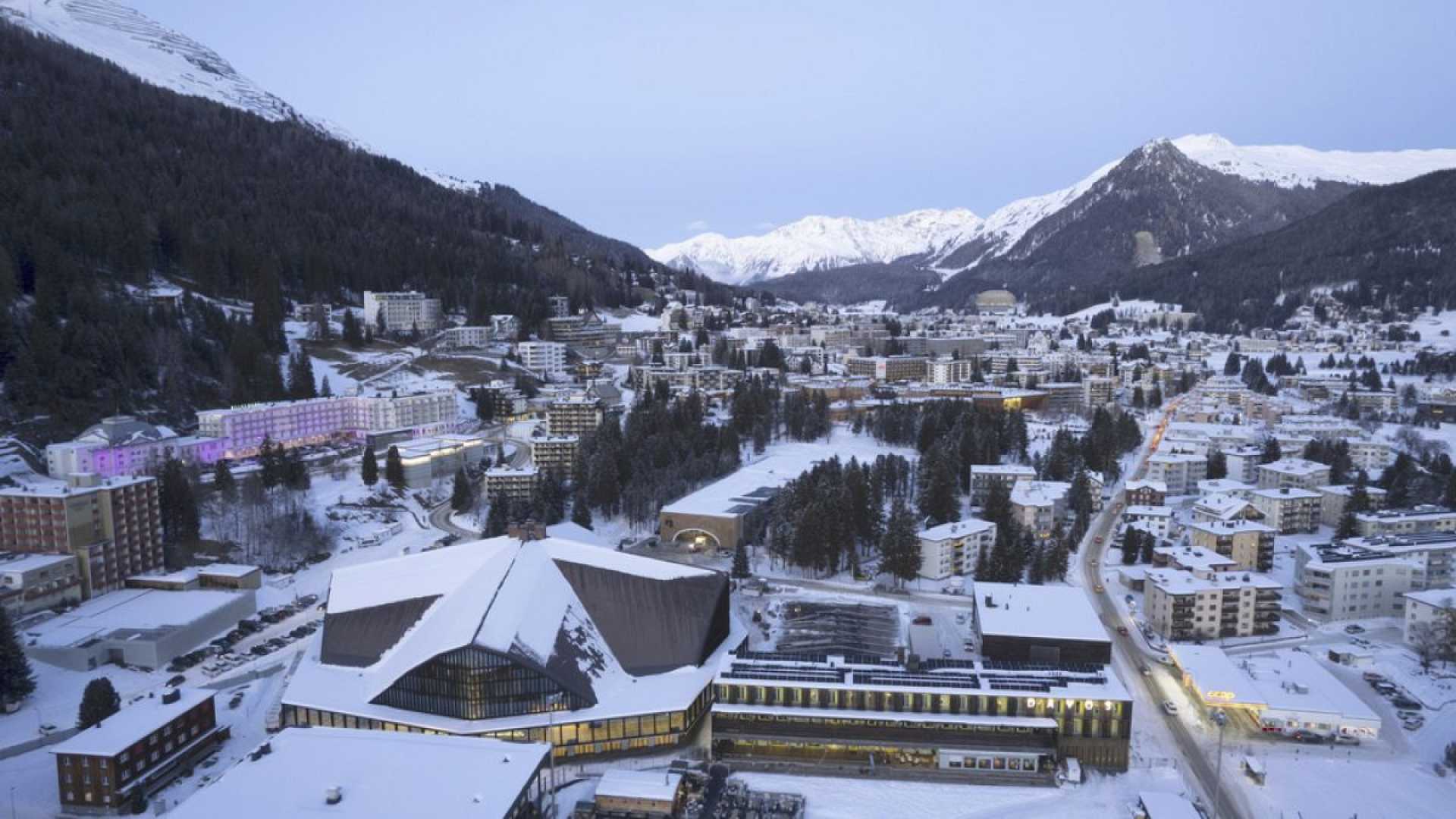World
Global Leaders Gather in Davos Amid Political Absences, Urgent Challenges

DAVOS, Switzerland — As global leaders convene for the 55th annual World Economic Forum (WEF) in Davos this week, the absence of several key political figures underscores the challenges of fostering international cooperation in an increasingly fragmented world. The event, themed “Collaboration for the Intelligent Age,” aims to address pressing issues such as climate change, global health, and economic instability, but notable absences from leaders like Chinese President Xi Jinping, Indian Prime Minister Narendra Modi, and French President Emmanuel Macron raise questions about the forum’s influence.
WEF President Børge Brende emphasized the importance of collaboration, stating, “The message was clear: people are seeking new and more effective solutions to their challenges—solutions that can only emerge through cooperation.” Despite recent electoral outcomes that some interpret as a retreat from globalism, Brende argued that voters are demanding action on issues like climate change, health crises, and economic inequality.
Among the key topics at this year’s forum is the urgent need to strengthen global health systems. With infectious diseases like measles and polio resurging in underserved regions, sustained investment in immunization programs is critical. Organizations like Gavi, the Vaccine Alliance, are seeking $9 billion over the next five years to immunize 500 million more children. “Failing to act risks reversing decades of progress,” Brende warned.
Climate action is another priority, with the Amazon rainforest nearing an irreversible tipping point due to deforestation and illegal mining. Brazilian President Luiz Inácio Lula da Silva has called for $1 billion in private and philanthropic contributions to protect the Amazon ahead of the COP30 climate talks later this year. “The Amazon is the planet’s canary in the coal mine,” said a representative from Re:wild, highlighting its role in stabilizing the Earth’s climate.
Renewable energy investment, particularly in Africa, is also on the agenda. With the continent’s vast potential for solar, wind, and hydropower, leaders are urged to close the financing gap and quadruple renewable energy capacity by 2030. “Investing in Africa’s sustainable growth is a mutually beneficial endeavor,” said a spokesperson for the European Union’s Global Gateway initiative.
Despite the absence of some major leaders, the forum will host prominent figures such as Ukrainian President Volodymyr Zelenskyy, Argentine Prime Minister Javier Milei, and European Commission President Ursula von der Leyen. However, the lack of participation from G7 nations, with the exception of outgoing German Chancellor Olaf Scholz, has drawn criticism. “The general picture is that it’s not the big players,” said Jan Aart Scholte, a professor at Leiden University.
WEF organizers defended the event, stating that its impact is defined by the collective efforts of a broad and representative community. “The Annual Meeting’s ability to drive meaningful dialogue and action remains strong,” a spokesperson said. As the forum unfolds, the world watches to see whether collaboration can prevail in an era of unprecedented challenges.












